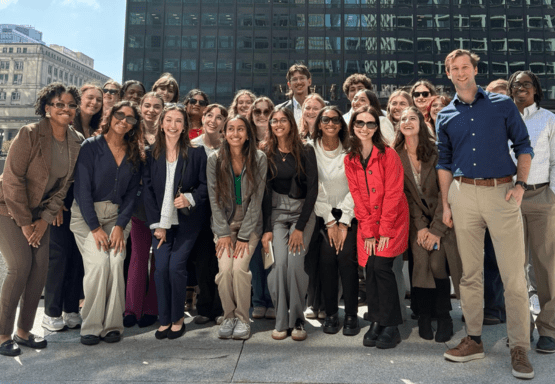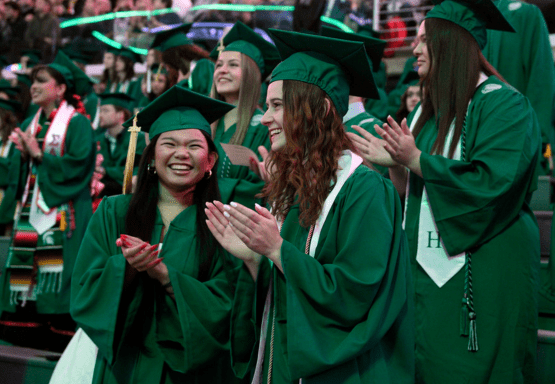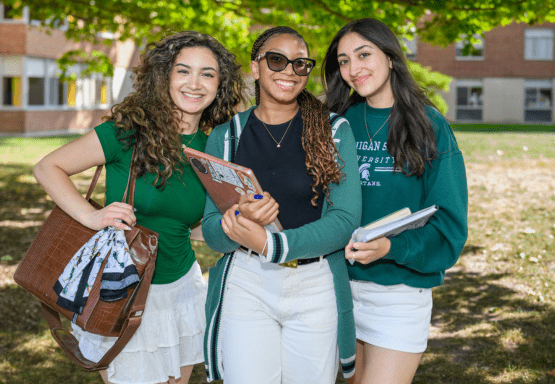Assistant Professor Daniel Ahlquist will be the 19th professor from James Madison College to be awarded a prestigious Teacher-Scholar Award by Michigan State University. Each year, up to six faculty members are recognized during the All-University Awards Convocation for their extraordinary contributions to the field of teaching, early in their careers.
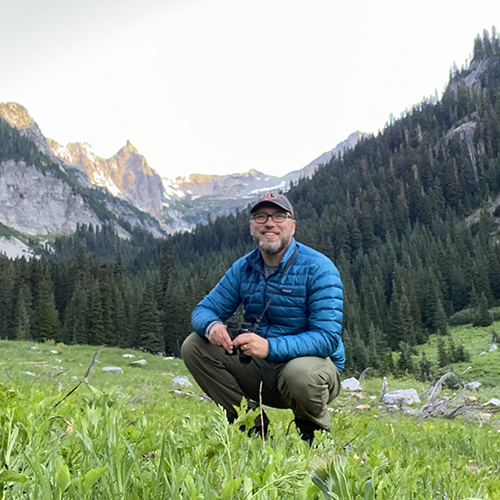
What do you love most about teaching undergraduate students?
I came to JMC because I love teaching undergraduate students. It’s a real privilege to be able to engage with them when they are stepping out on their own and starting to figure out who they want to be, how they want to be in the world, and what kind of world they want to live in. I love that I get to teach and support them in this moment when their minds and hearts are open, and their worlds are expanding in such exciting ways.
And I can’t imagine a more rewarding group of students to teach than our JMC students! They are bright, yes, but it is their energy and passion and eagerness to take on challenges that make them special.
What I hadn’t anticipated when I first started teaching was how much I would learn and grow from working with undergraduates. Especially in JMC, my students keep me on my toes, help me think about issues in new ways, and challenge me to not only keep learning and growing, but to take action.
Describe your approach to finding balance between research and excellence in teaching.
In JMC, teaching comes first, so “balance” here probably looks different than it looks in other units on campus. That said, as a researcher, there are some really nice benefits to being in JMC. I have the freedom to pursue my interests and to collaborate with colleagues across disciplines and even outside of the academy. And the College values all kinds of research contributions, which makes “balance” feel more attainable. For example, I’m working on two projects now – one in Southeast Asia and one in Michigan – where my role is to mentor and support other researchers, including grad students and JMC students, and to lend my skills when needed.
Our products will include not only journal articles, but also policy briefs, a website, syllabi and even an art show based on our Thai and Cambodian collaborators’ cultural mapping work. Because this kind of research is valued in JMC, I think it is easier to find “balance” because I can direct my research energies in various directions that work for me.
I’m also learning that “balancing” teaching and research sometimes means integrating them. My research informs my teaching and, increasingly, my teaching informs my research.
How does this sort of recognition feel when you think about some of the challenges educators have faced over the last few years?
Yes, educators at all levels are facing challenges we rarely had to think about in the past. The rise in political attacks against schools and educators, the whitewashing of curricula, the banning of books and the firing of educators for teaching about things like systemic racism… this trend is really worrying. I’d be lying if I said I didn’t think about it, but I try not to let it get to me.
Whether we are talking about systemic racism or climate change or the U.S. welfare system, I try to speak directly to the issues, and to make clear to my students that my goal isn’t to teach them what to think; it is to help them learn how to think critically about the issues.
It it is so important that people know how to look beyond the surface, beyond the narratives, to get at the roots of the problems they seek to address. This can make some students uncomfortable – it can even make me uncomfortable sometimes – but that’s okay. I’ve learned that being uncomfortable and having our ideas challenged is an important part of the learning process and shying away from a critical analysis of the roots of problems, isn’t going to help us solve them.
You asked what this recognition means in the face of these challenges. It means a lot to be recognized by my colleagues, and it feels like a signal that MSU supports us as faculty to continue doing critical research and teaching in ways that we see fit.
I’d also like to say that, with this award, I feel a bit like I’m getting credit for what is very much a team effort. All of my research is collaborative, and I’m fortunate to work with so many talented and generous colleagues on the Mekong Culture WELL team and on my other projects. In this collaborative ecosystem, individual success is made possible by the efforts of so many other people. To my collaborators, if you are reading this, thank you!
Similarly, the success I’ve experienced as a teacher has been made possible in many ways by the efforts of my faculty and staff colleagues, who do so much to support me, not to mention everything they do to support students and put them in a position to thrive. And I’m so grateful to my students for all they’ve done and continue to do to make our courses successful.
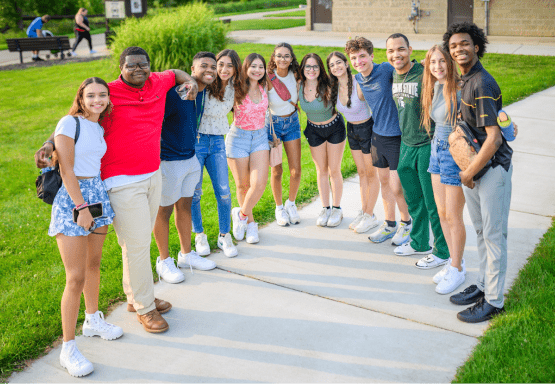
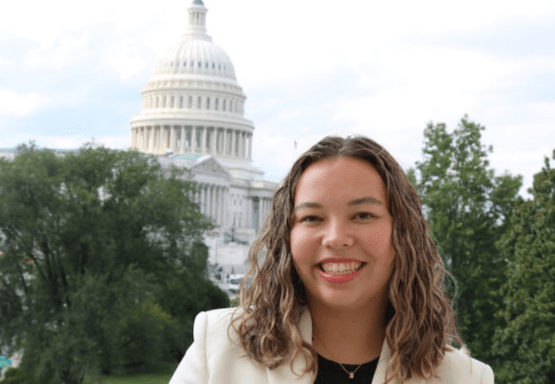
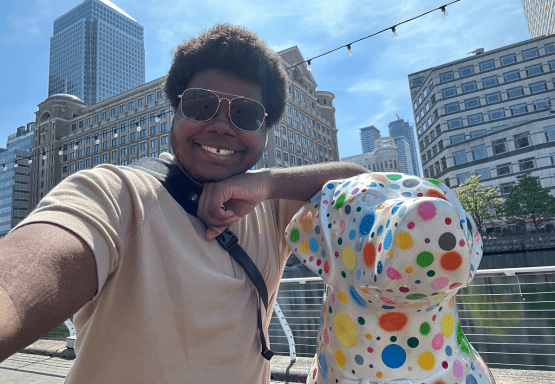
.png?h=384&iar=0&w=555)
